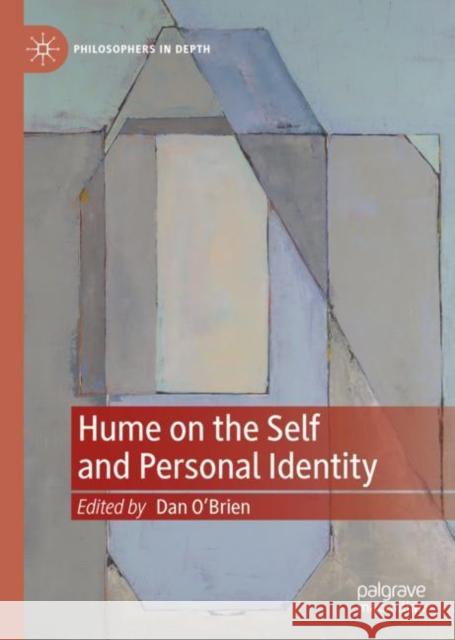Hume on the Self and Personal Identity » książka
topmenu
Hume on the Self and Personal Identity
ISBN-13: 9783031042744 / Angielski / Twarda / 2022 / 316 str.
Hume on the Self and Personal Identity
ISBN-13: 9783031042744 / Angielski / Twarda / 2022 / 316 str.
cena 563,56
(netto: 536,72 VAT: 5%)
Najniższa cena z 30 dni: 501,19
(netto: 536,72 VAT: 5%)
Najniższa cena z 30 dni: 501,19
Termin realizacji zamówienia:
ok. 16-18 dni roboczych.
ok. 16-18 dni roboczych.
Darmowa dostawa!
Kategorie BISAC:
Wydawca:
Springer International Publishing AG
Seria wydawnicza:
Język:
Angielski
ISBN-13:
9783031042744
Rok wydania:
2022
Ilość stron:
316
Wymiary:
21.0 x 14.8
Oprawa:
Twarda
Dodatkowe informacje:
Wydanie ilustrowane











